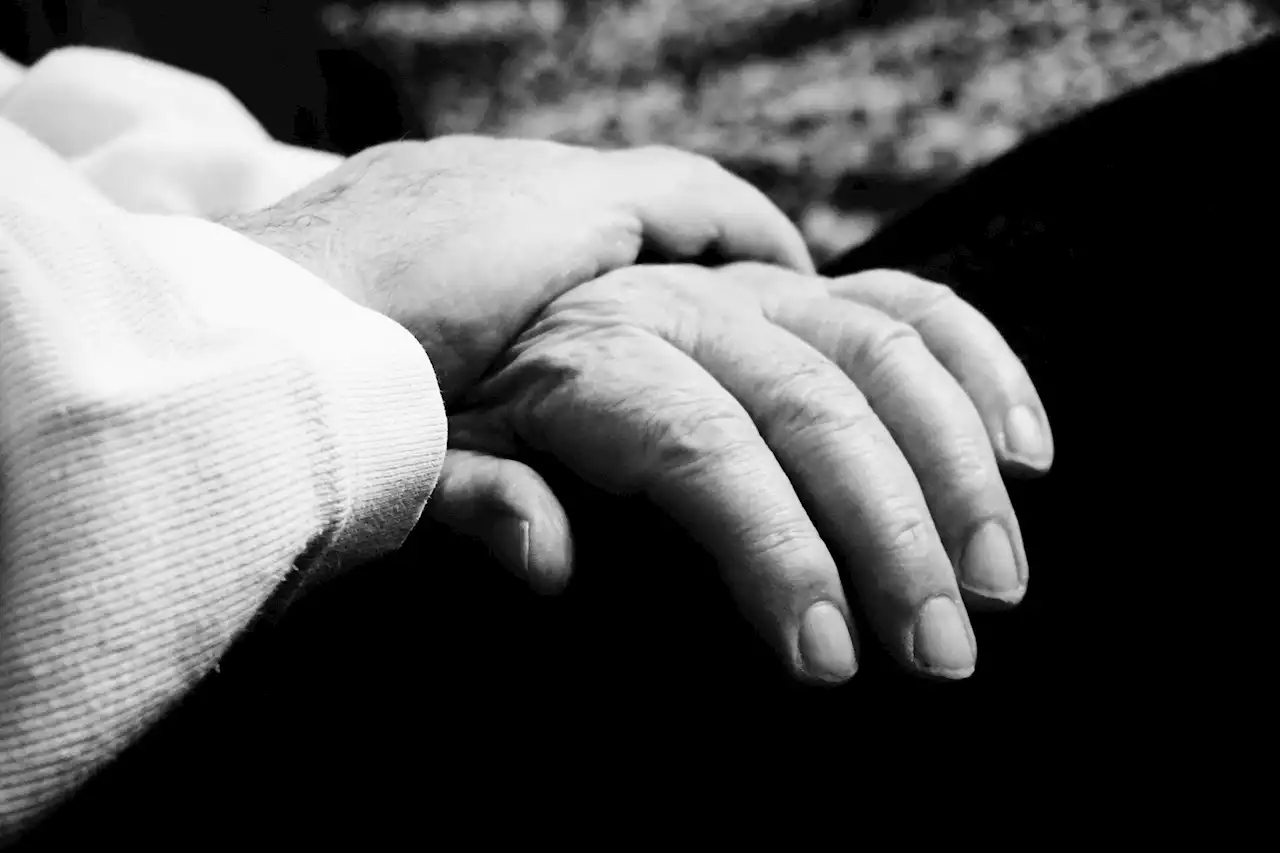Even the best treatment approaches for Parkinson's disease are inadequate if they do not address patients' feelings of social rejection, isolation, loneliness and other psychosocial effects of stigma, according to a report from experts specializing in Parkinson's and other movement disorders.
A new report co-authored by UCLA Health neurologist and researcher Dr. Indu Subramanian says many misconceptions and biases cause patients with Parkinson's to be stereotyped, devalued and shunned, which, along with a progressive loss of functionality and independence, often lead to "self-stigma," with declining self-esteem and increasing anxiety and depression. The report appears in Parkinsonism & Related Disorders.
Although the motor symptoms and limitations of Parkinson's disease must be a major focus of diagnosis and treatment, if we target only neurological dysfunction without also pursuing causes and effects of mood disturbance, we will be doing a major disservice to our patients. Stigma is not merely a minor inconvenience associated with this disease. It significantly contributes to quality of life.
"Any chronic illness can result in changes in physical appearance and bodily function, distorting not only a person's self-concept, but also how the person is perceived by others. People often make judgments about those with Parkinson's disease, particularly if they have visible symptoms like stooped posture, gait abnormalities, facial masking and tremor.
Related StoriesSubramanian and colleagues say stigma is known to negatively impact quality of life for patients with Parkinson's, but there has been little research devoted to the subject. The new article reviews findings from previous studies on stigma, social isolation, stress, shame and other related factors before focusing on how doctors, medical teams, patients and supporters can work together to manage the effects of stigma.
Awareness is a start, and health care professionals need to develop a tool to routinely assess stigma and identify its effects on patients. "And if not physician-initiated, patients must feel empowered enough to bring these issues to the attention of their medical team," the authors said."Parkinson's disease results in an illness burden that includes both visible and invisible symptoms.
Österreich Neuesten Nachrichten, Österreich Schlagzeilen
Similar News:Sie können auch ähnliche Nachrichten wie diese lesen, die wir aus anderen Nachrichtenquellen gesammelt haben.
 Scientist who cloned Dolly the Sheep dies aged 79 after Parkinson's diagnosisSir Ian, who created Dolly the Sheep, was diagnosed with Parkinson’s disease five years ago
Scientist who cloned Dolly the Sheep dies aged 79 after Parkinson's diagnosisSir Ian, who created Dolly the Sheep, was diagnosed with Parkinson’s disease five years ago
Weiterlesen »
 Doctors treating patients with Parkinson's disease must focus on stigma, emotional impacts as well as motor symptomsEven the best treatment approaches for Parkinson's disease are inadequate if they do not address patients' feelings of social rejection, isolation, loneliness and other psychosocial effects of stigma, according to a report from experts specializing in Parkinson's and other movement disorders.
Doctors treating patients with Parkinson's disease must focus on stigma, emotional impacts as well as motor symptomsEven the best treatment approaches for Parkinson's disease are inadequate if they do not address patients' feelings of social rejection, isolation, loneliness and other psychosocial effects of stigma, according to a report from experts specializing in Parkinson's and other movement disorders.
Weiterlesen »
 Susanna Reid forced to miss GMB again after doctors urge her to skip showTV presenter Susanna Reid has been forced to miss Good Morning Britain after being put on voice rest after she fell ill last week, leaving her struggling to speak
Susanna Reid forced to miss GMB again after doctors urge her to skip showTV presenter Susanna Reid has been forced to miss Good Morning Britain after being put on voice rest after she fell ill last week, leaving her struggling to speak
Weiterlesen »
 When the doctors' strikes start and full list of strike dates in September 2023The bitterly contested row over pay continues
When the doctors' strikes start and full list of strike dates in September 2023The bitterly contested row over pay continues
Weiterlesen »
 Doctors Still Don't Know How to Talk About Down SyndromeA new study sheds light on the role of bias in prenatal diagnoses
Doctors Still Don't Know How to Talk About Down SyndromeA new study sheds light on the role of bias in prenatal diagnoses
Weiterlesen »
